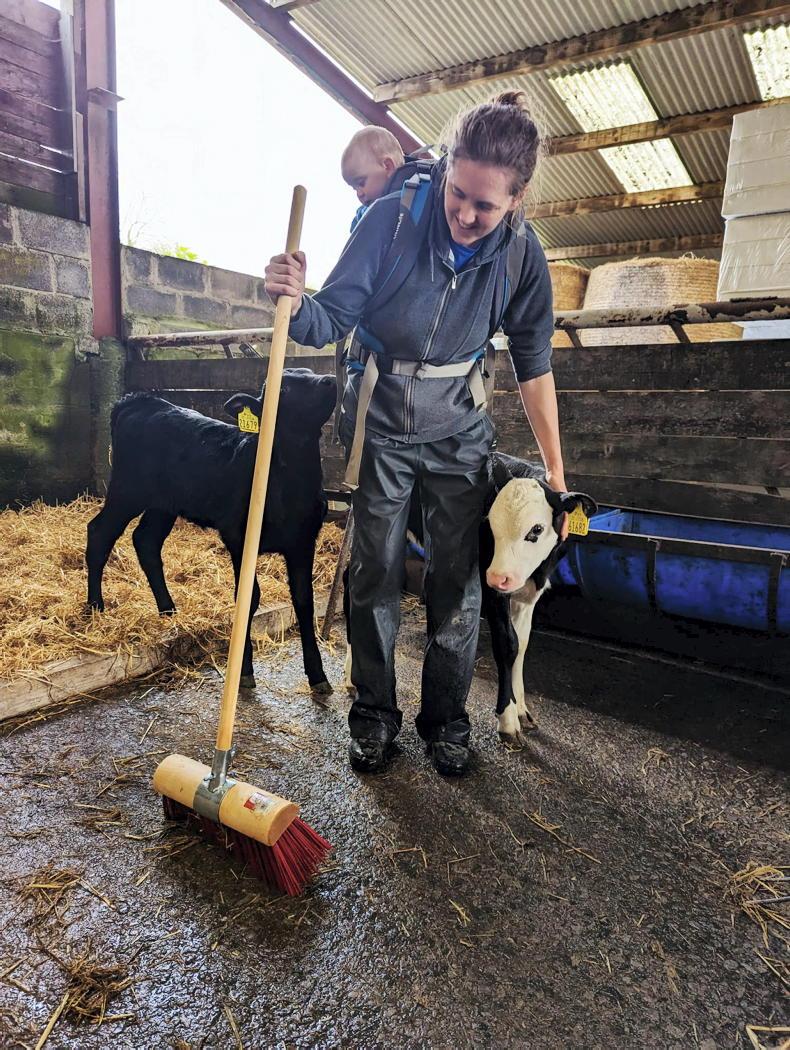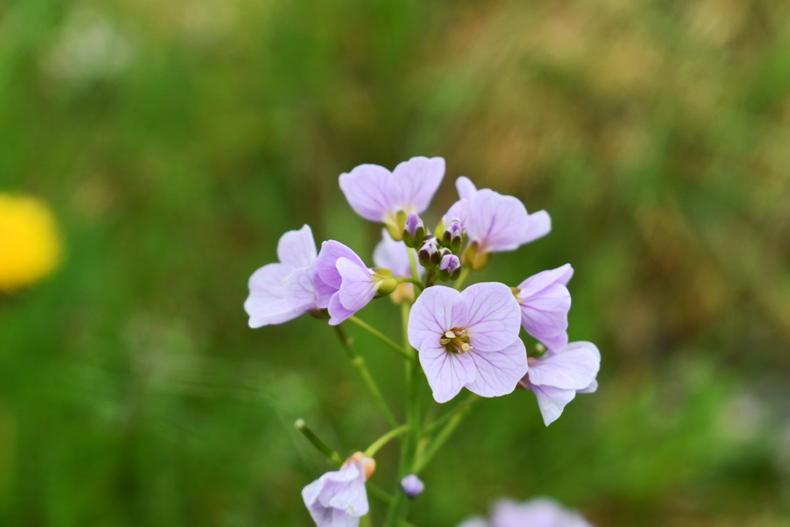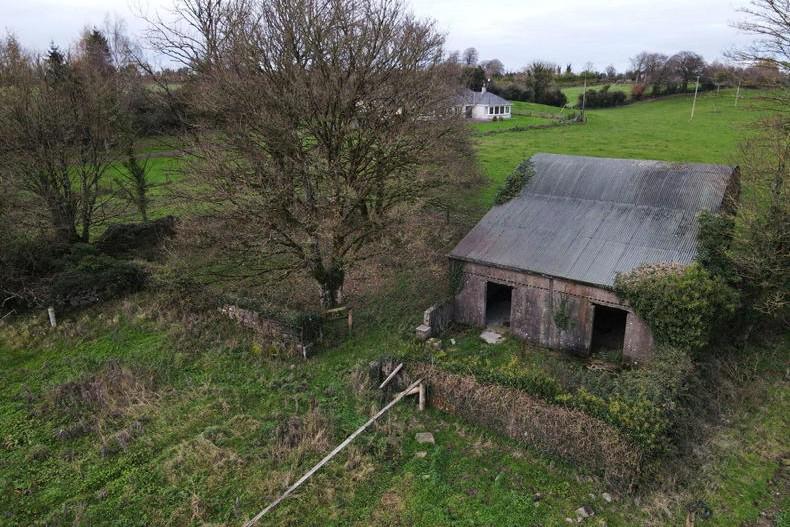The Old Gramophone
By Paddy Egan
It lies in the parlour all alone
The old wind-up gramophone
Time was when it had pride of place
When life was lived at a slower pace
A party piece when we were young
When old Irish ballads were played and sung.
Around the parlour table of a winter’s night
With the double wick to show them light
Old time waltzes, jigs and reels
Quick steps, two steps, to clicking heels
Friends and neighbours gathered round.
Fascinated by its magic sound.
The kitchen cleared, they formed a ring
Danced seán nós or Highland fling,
Sparks arise from the old flagged floor.
Then a solo on the old half door.
Singers too of worldwide fame
Had records made which bore their name
McCormack, Crosby, Jimmy Shand.
Vincent Lowe and his céilí band
Vinyl records, dubbed seventy eights
A new conveyance to hear the greats
Worldwide artists now at hand.
By a system known as played and canned.
At outdoor parties, crossroad dances.
The beginnings too of old romances.
Retired now in silent pique
This old masterpiece is now antique.
Janine Kennedy
Do you ever wonder why other people’s soups taste better than yours? They are probably taking a few very minor but extra steps which make all the difference.
1 They let their vegetables saute before adding any liquid. By searing off aromatic veggies like carrots, celery and – especially – onions, you are softening and sweetening them, which will enrich the overall flavour of the soup.
2 They are using good-quality chicken, beef or vegetable stock. Homemade or good-quality shop-bought stock makes all the difference in the world to soup. If using cubes, I always pre-dissolve in some boiled water as opposed to just throwing it into the soup.
3 They season it at the end of the cooking process. In culinary school, I was taught to “season with salt until you think it tastes salty ... then add a bit more salt”.
4 Finally, you can’t go wrong with a drop of fresh cream, a dollop of sour cream and a bit of garnish to top things off.

New farmer in training: Siobhan Brady from Longford with Katie (on her back) cleaning out the suck calves. / Paidi Brady
with Dr Catherine Keena, Teagasc countryside management specialist
Look out for Lady’s smock, a pretty flower of May that can appear in damp areas even in improved grassland. The leaves in the basal rosette are broad while those on the stem are narrower. Dainty mauve or white flowers of four petals held in loose spikes. It is known as cuckoo flower or cuckoo spit because the cuckoo is now singing and the plant can be covered in a frothy spit produced by froghopper nymphs living in the stem. It is used by meadow longhorn moths, orange tip and green veined white butterflies. Lady’s smock is an indicator species on the ACRES grassland scorecard and is part of our native Irish biodiversity.
When there was the big house, the people who were indentured to work there signed a contract for nine years which stated they would not have to eat wild salmon more than twice a week. How can it go from that to where they are now: an endangered keystone species?
Sally Barnes, Salmon of Knowledge
Number of the week - 700
Sheep to be shorn every day at the All-Nations Sheep shearing and wool handling championships this summer at Clonmany Agricultural Show. Living Life
The Old Gramophone
By Paddy Egan
It lies in the parlour all alone
The old wind-up gramophone
Time was when it had pride of place
When life was lived at a slower pace
A party piece when we were young
When old Irish ballads were played and sung.
Around the parlour table of a winter’s night
With the double wick to show them light
Old time waltzes, jigs and reels
Quick steps, two steps, to clicking heels
Friends and neighbours gathered round.
Fascinated by its magic sound.
The kitchen cleared, they formed a ring
Danced seán nós or Highland fling,
Sparks arise from the old flagged floor.
Then a solo on the old half door.
Singers too of worldwide fame
Had records made which bore their name
McCormack, Crosby, Jimmy Shand.
Vincent Lowe and his céilí band
Vinyl records, dubbed seventy eights
A new conveyance to hear the greats
Worldwide artists now at hand.
By a system known as played and canned.
At outdoor parties, crossroad dances.
The beginnings too of old romances.
Retired now in silent pique
This old masterpiece is now antique.
Janine Kennedy
Do you ever wonder why other people’s soups taste better than yours? They are probably taking a few very minor but extra steps which make all the difference.
1 They let their vegetables saute before adding any liquid. By searing off aromatic veggies like carrots, celery and – especially – onions, you are softening and sweetening them, which will enrich the overall flavour of the soup.
2 They are using good-quality chicken, beef or vegetable stock. Homemade or good-quality shop-bought stock makes all the difference in the world to soup. If using cubes, I always pre-dissolve in some boiled water as opposed to just throwing it into the soup.
3 They season it at the end of the cooking process. In culinary school, I was taught to “season with salt until you think it tastes salty ... then add a bit more salt”.
4 Finally, you can’t go wrong with a drop of fresh cream, a dollop of sour cream and a bit of garnish to top things off.

New farmer in training: Siobhan Brady from Longford with Katie (on her back) cleaning out the suck calves. / Paidi Brady
with Dr Catherine Keena, Teagasc countryside management specialist
Look out for Lady’s smock, a pretty flower of May that can appear in damp areas even in improved grassland. The leaves in the basal rosette are broad while those on the stem are narrower. Dainty mauve or white flowers of four petals held in loose spikes. It is known as cuckoo flower or cuckoo spit because the cuckoo is now singing and the plant can be covered in a frothy spit produced by froghopper nymphs living in the stem. It is used by meadow longhorn moths, orange tip and green veined white butterflies. Lady’s smock is an indicator species on the ACRES grassland scorecard and is part of our native Irish biodiversity.
When there was the big house, the people who were indentured to work there signed a contract for nine years which stated they would not have to eat wild salmon more than twice a week. How can it go from that to where they are now: an endangered keystone species?
Sally Barnes, Salmon of Knowledge
Number of the week - 700
Sheep to be shorn every day at the All-Nations Sheep shearing and wool handling championships this summer at Clonmany Agricultural Show. Living Life










SHARING OPTIONS